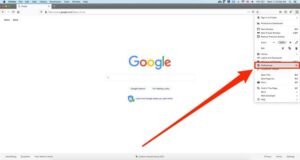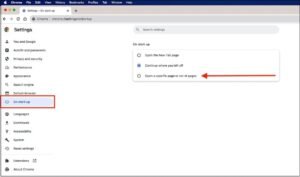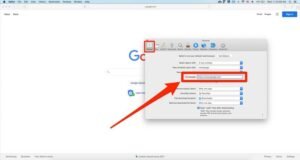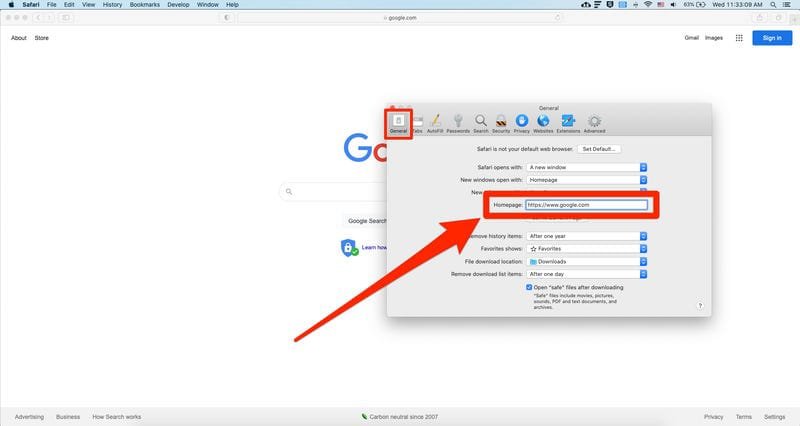How to Create a Google Web Page : A Comprehensive Guide
Creating a web page on Google is a straightforward process that involves using Google Sites, a free and user-friendly website builder. This guide will walk you through the entire process, from setting up your Google account to publishing your site.
Step 1: Setting Up a Google Account
Before you begin creating your web page, you need a Google account. If you already have one, you can skip this step. If not, follow these steps:
1. Visit Google Accounts: Go to [accounts.google.com](https://accounts.google.com/SignUp).
2. Create an Account: Click on “Create account” and fill out the required information, including your name, username, and password.
3. Verify Your Account: Follow the prompts to verify your email address and phone number.
4. Complete Setup: Once verified, your Google account is ready to use.
Step 2: Accessing Google Sites
Google Sites is the tool you’ll use to create your web page. Here’s how to access it:
1. Open Google Sites:Go to [sites.google.com](https://sites.google.com).
2. Sign In: Use your Google account credentials to sign in.

Step 3: Creating a New Site
1. Start a New Site: On the Google Sites homepage, click on the “+” button to create a new site.
2. Choose a Template: Google Sites offers various templates for different types of websites, such as portfolios, projects, and business sites. Select a template that fits your needs, or choose a blank template to start from scratch.
Step 4: Customizing Your Site
1. Add a Title: Start by adding a title to your homepage. Click on the “Enter site name” field at the top left and type in your desired site name.
2. Edit the Header:*Click on the header area to edit the title and background image. You can upload your own image or choose from Google’s gallery.
3. Add Pages:To add more pages to your site, click on the “Pages” tab on the right sidebar and then click on the “+” button. Name your new page and click “Done.” Repeat this process for additional pages.
4. Customize Page Layouts: On each page, you can add various elements like text boxes, images, and embedded content. Use the “Insert” tab on the right sidebar to drag and drop these elements onto your page.
5. Adjust Navigation: The navigation bar is customizable. Click on the “Navigation” section under the “Themes” tab to adjust the style and position of your navigation menu.
Step 5: Adding Content
1. Text: Click on “Text box” in the “Insert” tab to add text to your page. You can format the text using the toolbar that appears when you click on the text box.
2. Images: To add images, click on “Images” in the “Insert” tab. You can upload images from your computer or select from Google’s image search.
3. Embed Content: Google Sites allows you to embed various types of content, such as Google Docs, Sheets, Slides, Forms, and even YouTube videos. Click on “Embed” in the “Insert” tab and enter the URL or embed code.
4. Gadgets and Widgets: Enhance your site with Google’s built-in gadgets and widgets, such as calendars, maps, and Google Analytics.
Step 6: Designing Your Site
1. Themes: Click on the “Themes” tab to choose a theme for your site. Themes determine the overall look and feel of your website, including colors, fonts, and layout.
2. Colors and Fonts: Customize the colors and fonts of your site to match your branding or personal style. Each theme comes with preset options, but you can adjust these as needed

Step 7: Previewing and Publishing
1. Preview Your Site: Before publishing, it’s a good idea to preview your site to see how it will look to visitors. Click on the “Preview” button (eye icon) at the top right of the screen.
2. Make Adjustments: If you notice any issues or changes that need to be made, go back to the editor to make the necessary adjustments.
3. Publish Your Site: Once you’re satisfied with your site, click on the “Publish” button at the top right. Choose a web address (URL) for your site. This will typically be in the format https://sites.google.com/view/your-site-name.
4. Visibility Settings: Decide whether you want your site to be public or restricted to specific people. You can manage these settings by clicking on “Manage” next to the “Anyone on the web can find and view” option.
Step 8: Managing Your Site
1. Editing: After publishing, you can continue to edit and update your site. Simply return to Google Sites, make your changes, and click “Publish” again to update the live version.
2. Sharing and Collaboration: You can share editing permissions with others by clicking on the “Share with others” button. Enter the email addresses of those you want to collaborate with and choose their level of access.
3. Tracking and Analytics: Use Google Analytics to track the performance of your site. Embed your tracking ID in the site settings to monitor visitor statistics and behavior.
Tips for Effective Site Creation
1. Keep It Simple: A clean and simple design is often more effective than a cluttered one. Focus on delivering your content clearly and concisely.
2. Consistent Branding: Use consistent colors, fonts, and imagery that align with your brand or personal style.
3. Mobile-Friendly: Ensure your site is mobile-friendly by testing it on various devices. Google Sites automatically optimizes your site for mobile, but it’s good to verify.
4. Regular Updates: Keep your site updated with fresh content to engage your audience and improve search engine rankings.

Creating a Google web page is a straightforward process that anyone can accomplish with a little time and effort. Whether you’re building a site for personal use, a business, or a project, Google Sites provides the tools and flexibility to make your vision come to life. By following these steps, you’ll be well on your way to creating a professional and engaging web page.
next article for business


